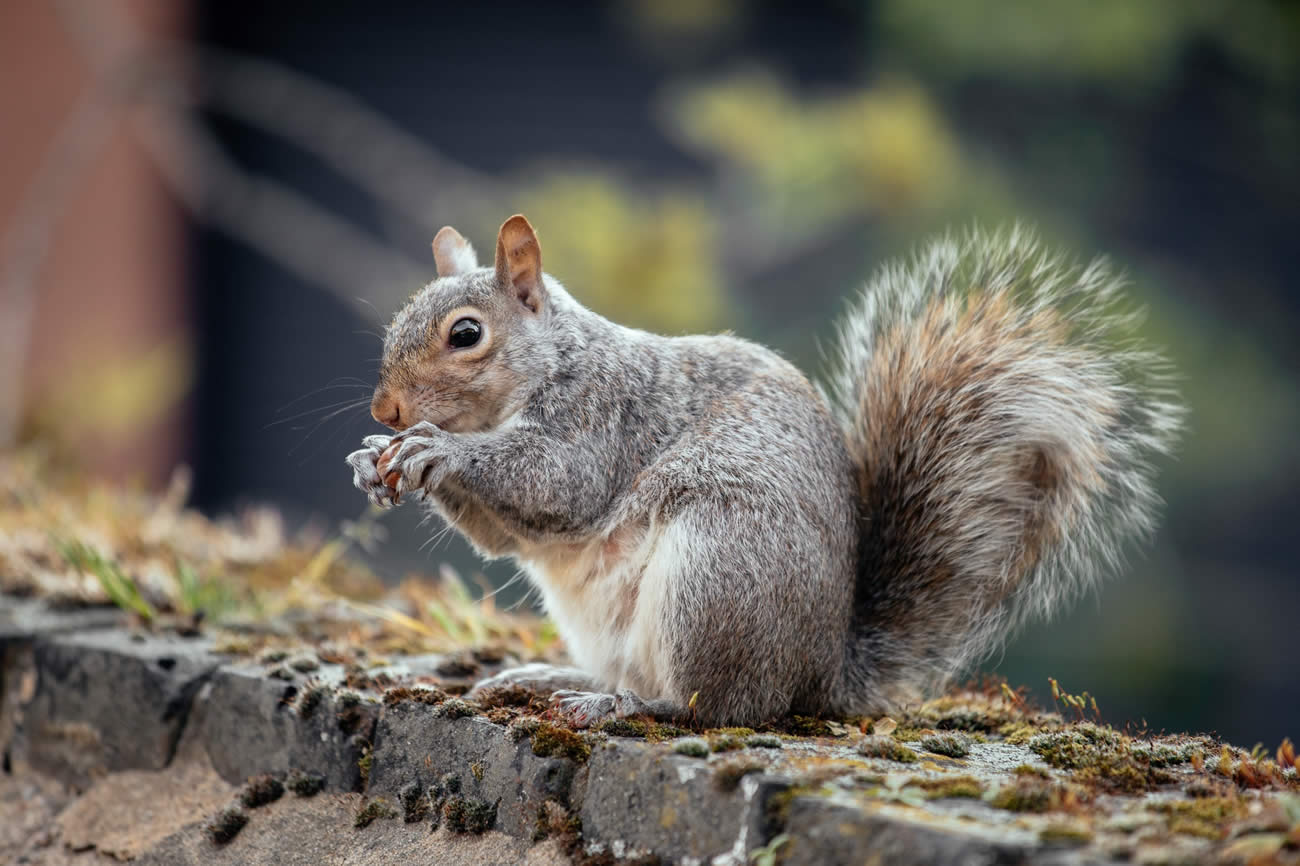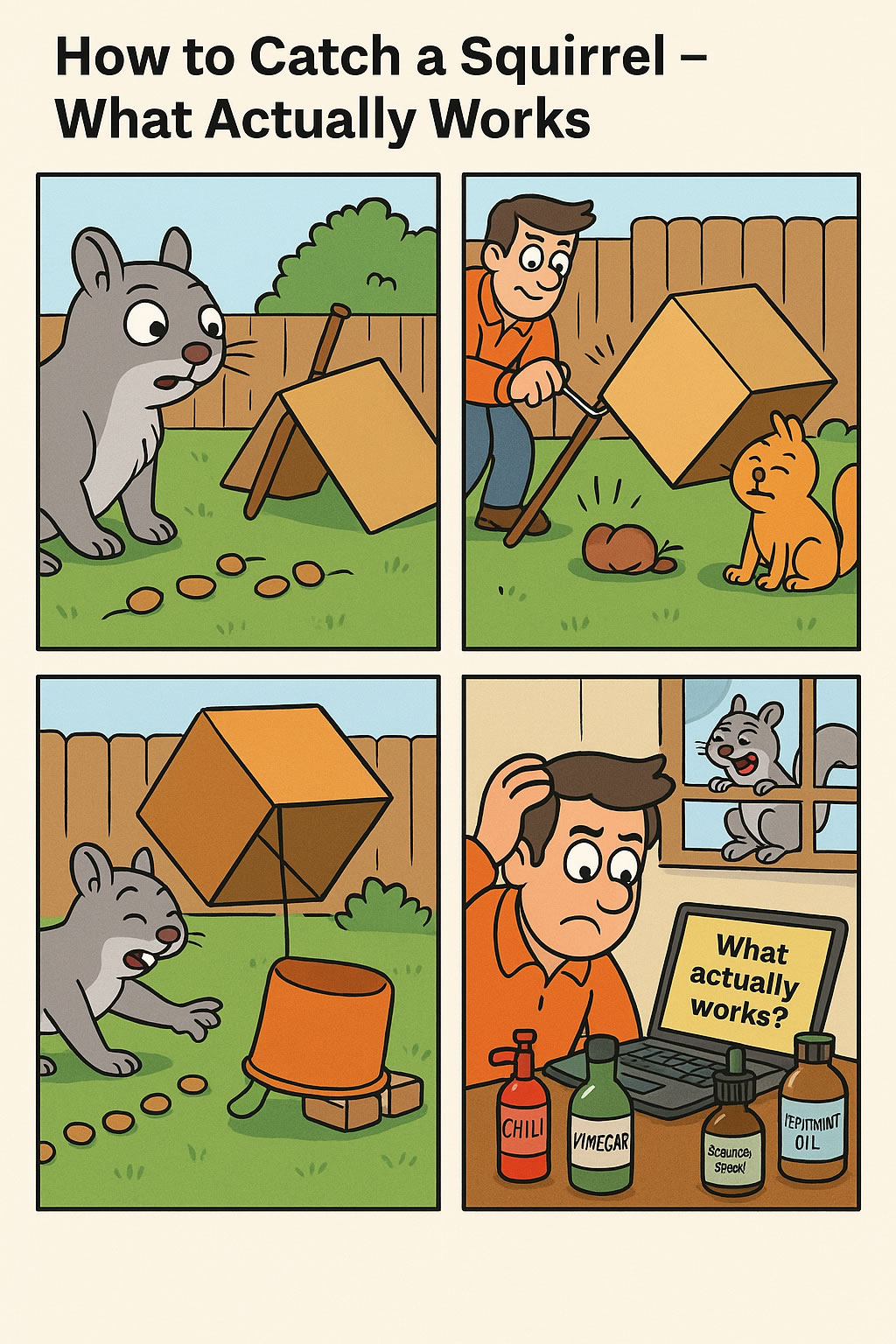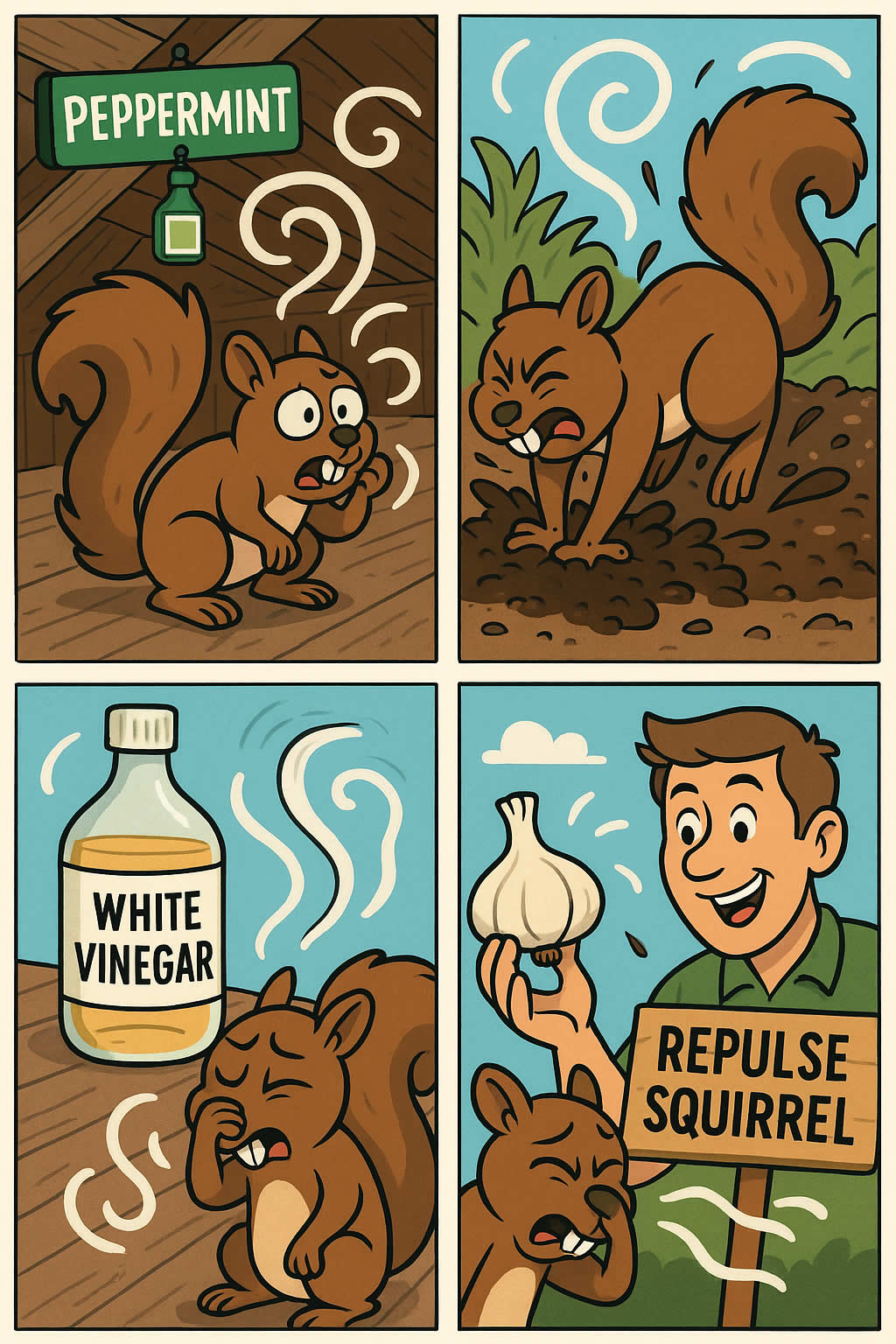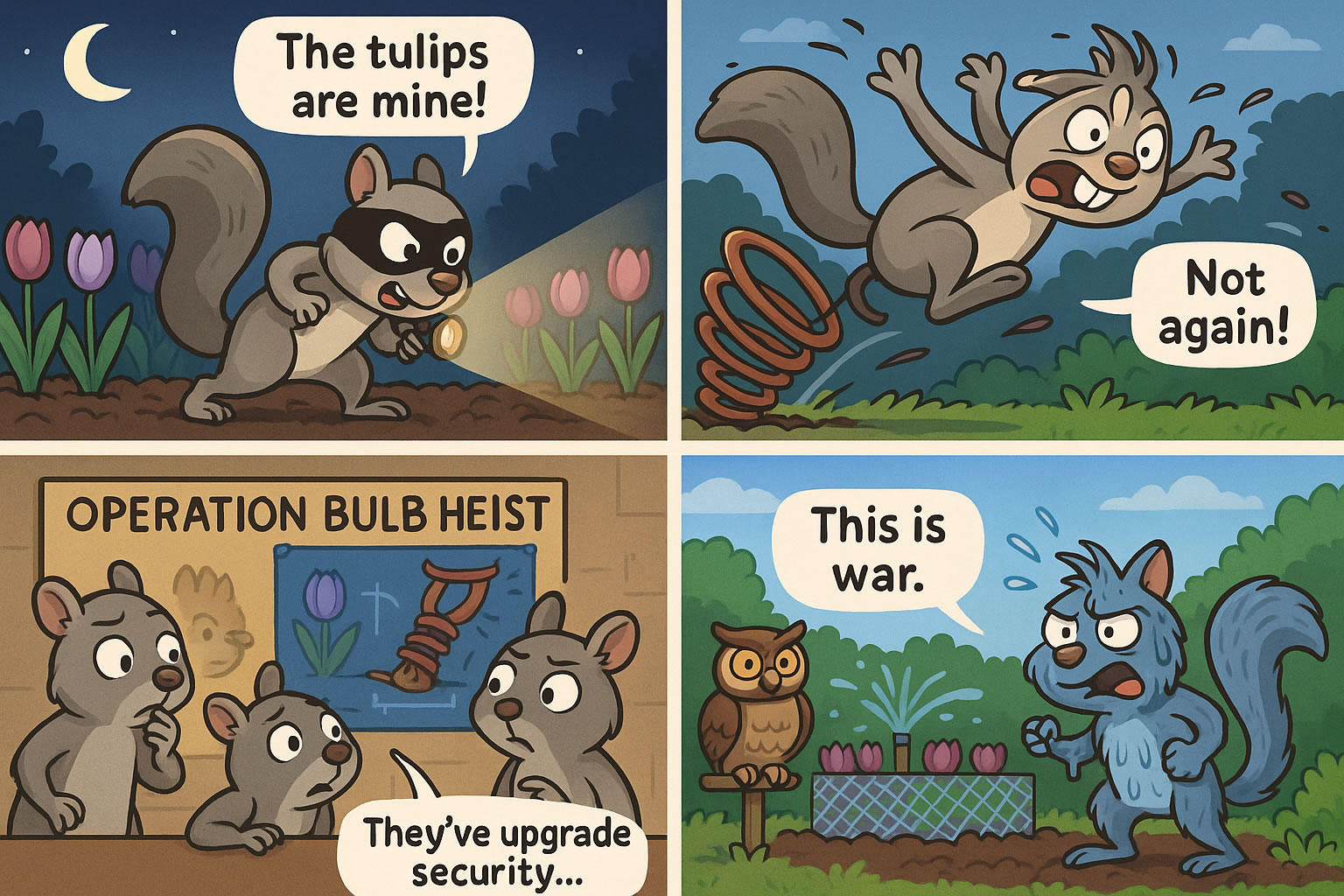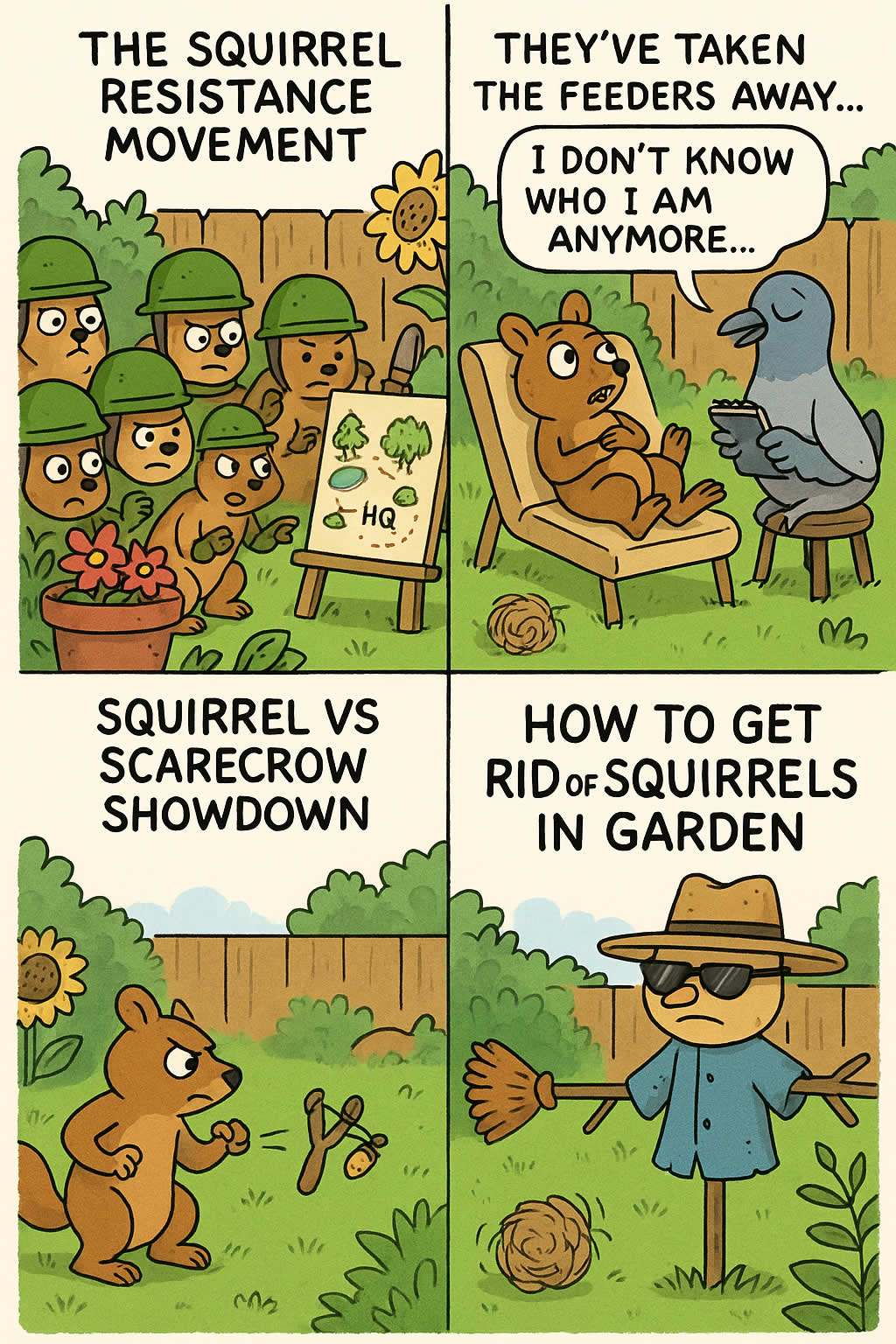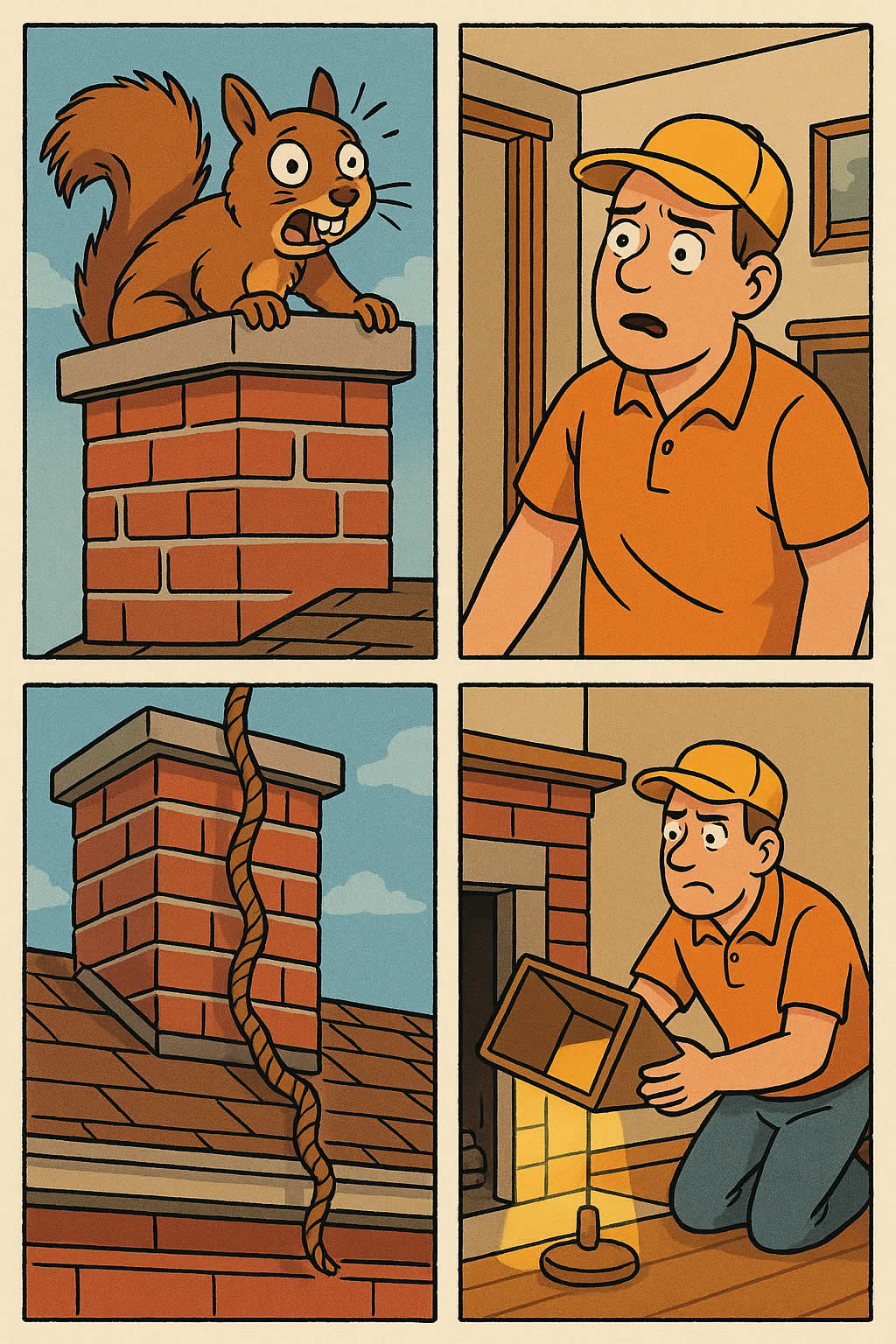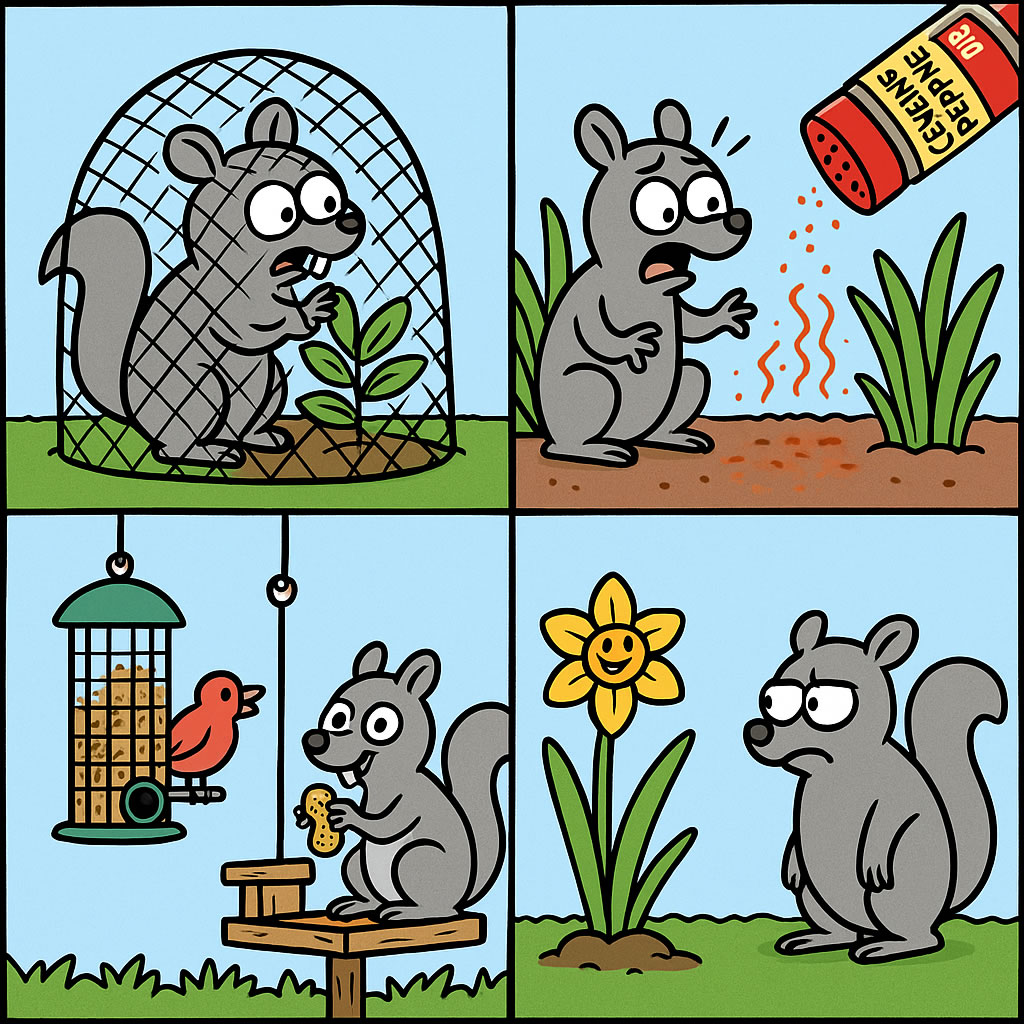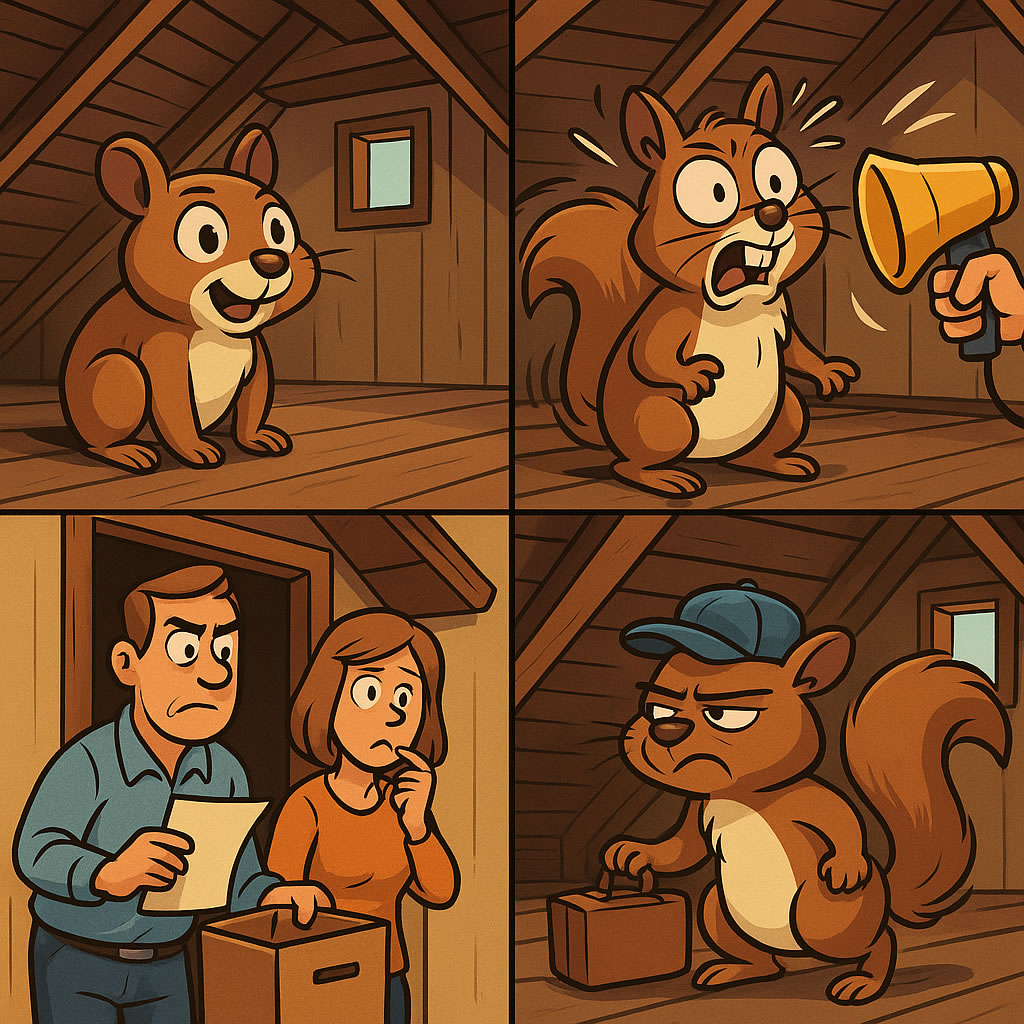Related Queries
ToggleIf you’ve got squirrels causing chaos in your garden or sneaking into your loft, you’re not alone. Squirrels might look cute, but when they start gnawing on wires, damaging your roof, or stealing your bird feed, they quickly become a nuisance. In this guide, I’ll show you how you can get rid of squirrels in a way that’s both effective and humane. Whether they’re in your garden, loft, or trying to make a home in your walls, I’ll walk you through the best steps to take.
Why Are Squirrels a Problem?
Before you jump into removing squirrels, it’s important to understand why they’re a problem. Squirrels are known for their sharp teeth, and they use them constantly. They’ll chew on almost anything, from electrical wires to wooden beams. If they get into your loft, they can tear up insulation, nest in your attic, and leave droppings everywhere.
But it’s not just about the damage they cause. Squirrels can also carry diseases, which means having them around isn’t just an inconvenience – it can be a health risk.
How Do You Know You Have a Squirrel Problem?
If you’re not sure if squirrels are your problem, here are a few clear signs to look out for:
- Scratching or rustling sounds from your loft, walls, or ceiling.
- Chewed wires or wooden beams.
- Droppings that look similar to those of a rat but are slightly larger.
- Nests made of leaves, twigs, or insulation.
- Sightings of squirrels entering or leaving your home.
Once you’re sure it’s squirrels you’re dealing with, you can move on to the next step.
Are Squirrels Protected in the UK?
In the UK, it’s important to know that grey squirrels are considered an invasive species. That means you can take steps to remove them from your home, but you have to do it in a humane way. The law doesn’t allow you to release captured grey squirrels back into the wild, so you must deal with them responsibly.
What Attracts Squirrels to Your Property?
Squirrels are usually attracted to your property for a few main reasons:
- Food: Bird feeders, unsecured rubbish, or pet food can attract them.
- Shelter: Lofts, attics, sheds, and garages offer perfect nesting sites.
- Access points: Overhanging branches, damaged roof tiles, or gaps in your walls give them a way in.
How Can You Keep Squirrels Away?
If you want to keep squirrels away without having to get rid of them later, prevention is your best bet. Here’s what you can do:
- Secure your bins: Make sure your rubbish is in a sealed bin.
- Remove food sources: Clear away any bird feed or fallen fruit.
- Block access points: Trim any tree branches that touch your roof. Seal gaps in your roof and walls.
- Use squirrel-proof bird feeders: If you want to keep feeding the birds, use feeders designed to keep squirrels out.
- Install a metal guard around tree trunks: This stops squirrels from climbing up.
How to Get Rid of Squirrels in the Garden
If squirrels are causing trouble in your garden, here are a few things you can try:
Use Natural Deterrents
Certain smells can keep squirrels away. You can try:
- Peppermint oil: Soak cotton balls in peppermint oil and place them around your garden.
- Chilli powder: Sprinkle this around areas where you’ve seen squirrels.
- Garlic spray: Make a garlic spray and use it on plants or around entry points.
Install Motion-Activated Sprinklers
These will spray water whenever something moves. It’s a humane way to scare off squirrels without harming them.
Use Squirrel-Proof Bird Feeders
If you’re feeding birds, make sure the feeders are designed to keep squirrels out. Look for feeders with cages or weight-sensitive perches.
How to Get Rid of Squirrels in Your Loft
Squirrels in the loft are a bigger problem because they can cause serious damage. Here’s how you can deal with them:
Find and Block Entry Points
Look around your roof for any gaps or broken tiles. Squirrels only need a small opening to get in. Once you’ve found their entry point, seal it up.
Use a One-Way Exclusion Door
If you’re sure there are no baby squirrels inside, you can use a one-way exclusion door. This lets the squirrels leave but stops them from getting back in.
Use Deterrents
You can use a combination of peppermint oil, garlic spray, or ultrasonic devices to make the loft less inviting.
Clear Out Nesting Materials
If they’ve already made a nest, carefully remove it. Use gloves to protect yourself.
Can You Use Traps to Remove Squirrels?
Yes, you can use traps, but you need to be careful. In the UK, grey squirrels can’t be released back into the wild once they’re captured. This means you need to deal with them humanely.
- Live traps: These can catch squirrels without hurting them, but you must decide how to humanely handle them afterward.
- Humane dispatch: If you choose to use live traps, you must follow the law regarding how to handle captured squirrels.
Should You Use Poison to Get Rid of Squirrels?
Using poison is not recommended for several reasons:
- It’s not humane.
- It can harm other wildlife or pets.
- It’s illegal in many areas for squirrel control.
If you can’t deal with the squirrels yourself, it’s best to contact a professional pest control service.
How to Get Rid of Squirrels in the Walls
If squirrels have made their way into your walls, you need to be careful. Here’s how you can handle this:
Listen for Movement
Squirrels in the walls will make noise. If you can hear scratching or chewing, you need to act quickly.
Find Their Entry Point
Look for gaps around your roofline, vents, or any other openings.
Use a One-Way Exclusion Device
This is one of the best ways to get them out without trapping them inside your walls.
Seal Up Entry Points
Once you’re sure the squirrels are gone, seal the entry points to stop them from coming back.
When Should You Call a Professional?
If you’ve tried everything and the squirrels keep coming back, it might be time to call a professional pest control service. They can safely and legally remove the squirrels, and they can also help you squirrel-proof your home to prevent them from returning.
Final Tips for Keeping Squirrels Away
- Regularly inspect your home: Look for gaps or signs of damage.
- Keep food sources away: Make sure you don’t leave out anything that could attract them.
- Use humane methods: Always aim to remove squirrels in a way that doesn’t harm them.
Squirrels can be a nuisance, but with the right approach, you can keep them out of your home and garden. Whether you’re using natural deterrents, securing your property, or calling in the professionals, there’s always a way to get rid of them.
Pest Control Leicestershire – Pest Control Tyne and Wear – Pest Control Felmersham
